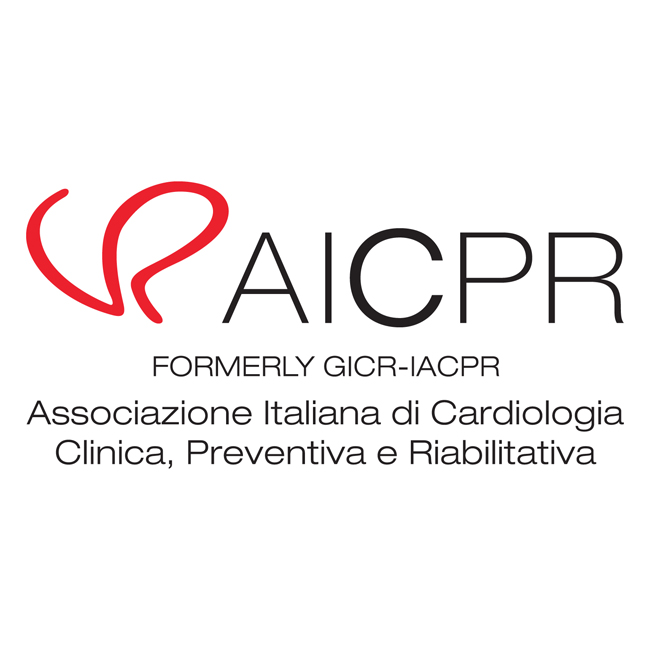
by cristiano | Oct 17, 2018
Despite of high frequency of bacteremia associated to dental procedures, the related risk for infective endocarditis (IE) is very low, both in general population and in cardiac patients. Extensive use of profilaxis is not supported by evidence. Profilaxis should be...

by cristiano | Oct 17, 2018
Gastrointestinal (GI) bleeding risk is increased in presence of double antiplatelet treatment. Risk factors for GI bleeding are: previous GI bleeding, peptic ulcer, advanced age, NSAIDs or steroid drugs use, oral anticoagulant therapy. In absence of risk factors, PPI...

by cristiano | Oct 17, 2018
Holter monitoring is indicated if the likelyhood of arrhytmia causing a syncope is elevated. Monitoring devices should be choosen according to syncope frequency: Holter for daily symptoms, external loop recorder for weekly, and subcutaneous implantable device for...

by cristiano | Oct 17, 2018
“Coronary calcium score” is not predictive of CV events in subjects already at high risk using traditional score systems

by cristiano | Oct 17, 2018
Patients always receive chest X-Ray before discharge from cardiac surgery. Further X-ray should be warranted only on clinical basis. Pleuric effusion monitoring should be performed by mean of thoracic echography








Recent Comments